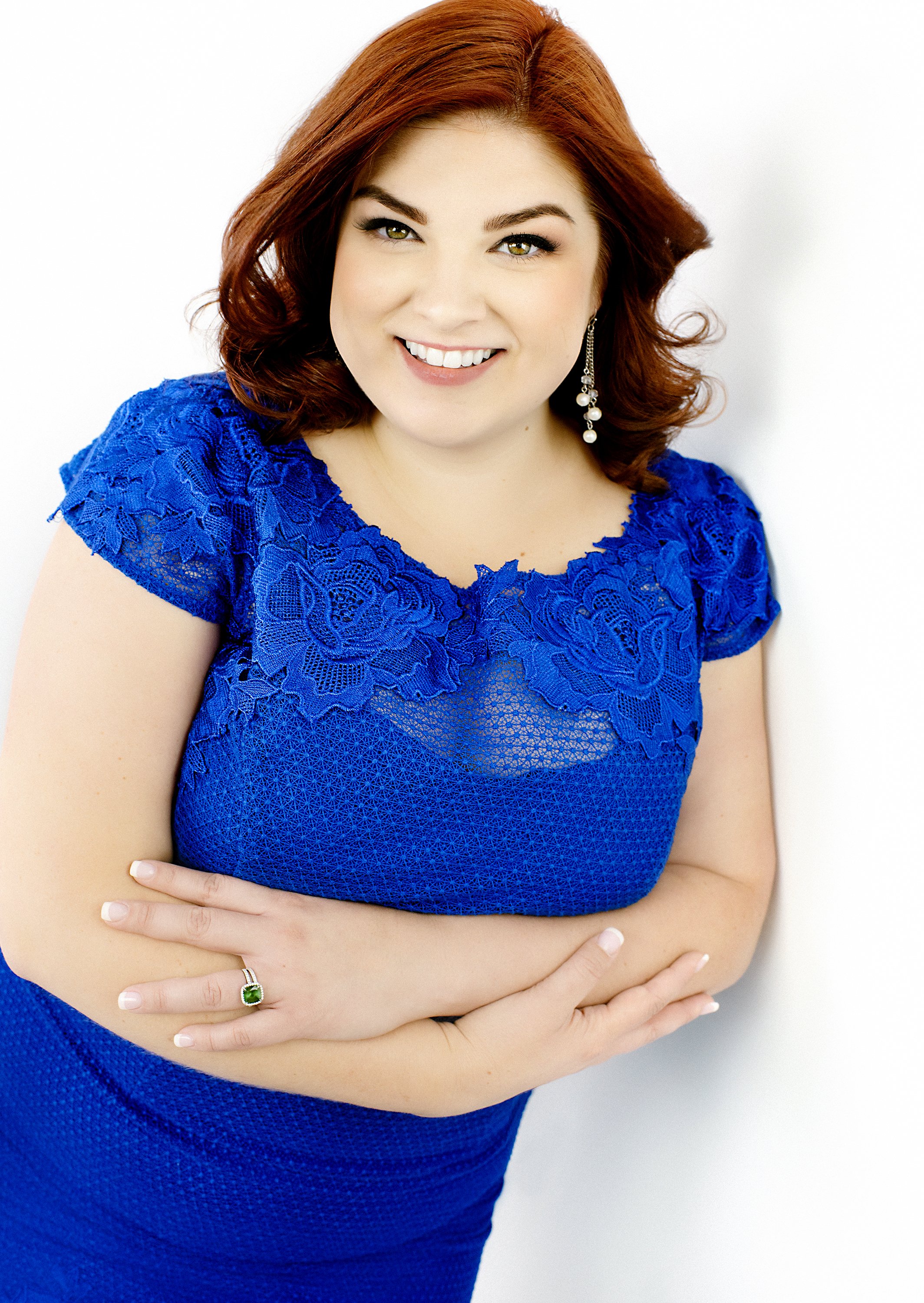How to Decide if you’re a Quality Brand or a Value Brand
An Interview with Podcaster, Author, and Behavioral Scientist, Melina Palmer
One of the biggest questions a brand needs to ask themselves is this: What kind of brand are we? The answer to this question determines everything about their marketing; it informs the expectations that consumers have for the brand, and enables the brand to confidently differentiate themselves in the market.
So how should brands think about this question? There are many ways to assess this question. In her new book, The Truth About Pricing, behavioral scientist Melina Palmer argues that the distinction ultimates comes to being a value brand, or being a quality brand.
In this interview, we dive into these two types of brands, how business owners can decide between them, and what this choice means for their marketing.
Let’s dive in
In The Truth About Pricing, you talk about this key difference between being a value brand (competing on price), and a quality brand (competing on perceived value). Which is better?
It’s a trick question, of course, because neither is better. But this key: They are both better than not picking one! You can't try to do both, and expect to do them well. This is the key mistake that most businesses make, and one way that businesses become so stuck.
First, consider the value brand option. There are many reasons to justify why you might be more expensive, and it's not always about raising prices and being the most expensive. We talk a lot about the quality of the production, or expertise, or whatever it is and then we see that everyone else is running a sale. You see that it's the time of year for things like discounts, and you think - “if they're doing this, we probably should too!”
This gets you thinking about your pricing tactics, and rounding your numbers down to the nine, instead of being at a whole number, and a whole range of detailed approaches. Ultimately, when you try to do both, it can get to be very confusing for your customers. It carries this extra cognitive load, that makes it hard for them to choose you, and hard for your customers to move forward.
Whichever path you choose - whether as a quality brand, or as a value brand, you do need to select it, and then go all in. Both are viable options, but whichever one you choose, you need to be fully committed.
It seems like many brands would want to call themselves “quality brand”. But you’ve pointed out in your book, it’s a completely viable strategy to go the “value brand” route. What are some of your favorite value brands?
There are so many examples of quality brands. Luxury brands, for example, fall into this category - the likes of Louis Vuitton and Maserati and of course, Supreme, which I talk a lot about in the book.
When you look at value brands, Costco is one of my favorite examples. There are so many ways that they have integrated value into what they offer and they still have quality products. Simple being a “value brand” doesn’t mean that you’re providing a bad experience. That’s a big misconception. It's not that you can't provide quality to your consumers - and Costco exudes that, and as a consumer, you know it.
I also talk about RyanAir in the book, in one of the case studies at the end. They have completely embraced being called “cheap”, which for a lot of companies would be a term you would want to shy away from, especially if you don't fully own your identity as a value brand. “Cheap” typically doesn’t feel like a good thing, because it feels like it's bad. But for people who are looking for that value, in that aspect of their consumer lives, cheap is actually a really good thing! For RyanAir, being so notoriously cheap that you become the punchline of the joke for so many late night hosts. These kinds of jokes has provided amazing free press for them, and illustrates how they’ve embraced what their brand is all about.
It’s worth noting that this kind of success as a value brand - both for Costco and for RyanAir, wouldn't be possible if the brands were kind of wishy washy, and tried to do a little bit of both so both. And so again, either being a value brand, or being a quality brand are both great strategies as long as you pick one and commit.
How should a brand’s marketing tactics shift, depending on whether they are a value business v. a quality business?
At the level of marketing tactics, the approach is more similar than you may think. Both quality and value brands should use scarcity, but here’s the thing - you don't necessarily use it in the same way. The same goes for social proof. For a quality brand, a lofty, prestigious celebrity is potentially a really good place to garner social proof from, but that might not be the case for the value brand.
For a value brand though, you may want to have that kind of “wisdom of the crowd” presentation - instead of a glittery influencer, you may want to have lots and lots and lots of five star ratings from ordinary customers. You want to show that you have that volume and that mass appeal, versus the singular prestige.
But if you’re a quality brand, this likely wouldn’t be the best approach for social proof. For Maserati, for example, you're not going to see a five star rating or a testimonial on their website. It's not the type of social proof that they want or need but that's really key for a lot of other brands. At the end of the day, your marketing tactics are about looking at what matters to know how to showcase it.
Can you share a specific example for why it’s so important for a business to understand if they are quality-based, or value-based?
I was doing some work for a brand a few years ago and we did a qualitative survey which involved having conversations with key customers. In my consulting practice, I'm all about asking strange questions in order to unearth novel insights which might not present themselves if I just ask the question directly.
One of those questions was, “If this brand was a car what make a model would they be in why?”
This is an accounting firm so this question seems especially strange! But one of the things we found was that the answer to this question differed dramatically between what the brand said they were, and what they customers said that they were. The people working at the accounting firm said that they would be a Porsche Cayenne, because we’re high end, elite, pristine, and beautiful. This is how the brand saw themselves.
But I asked the same question to their customers and clients, and time and time again they had a very different answer: The brand was a beat up old pickup truck because they were dependable, and they were theere when you need it done right.
This chasm is fascinating, and this is really a quality brand vs. value brand problem. When you think you're about quality but you're putting out value vibes, it just totally misses. And so for this accounting company, the task became about embracing the quality of what you are, and changing the way you're talking about your business and your offerings. It ultimately because about changing your own mindset, internally, and embracing that you're a value firm.
More with Melina Palmer on Why The Psychology of Pricing is not About The Numbers and What Serendipity 3 teaches us about Pricing
Photo by Averie Woodard on Unsplash
Check out Melina’s incredible TEDx talk, There’s Nothing Magical About Mondays
About Melina Palmer
Melina Palmer is a globally celebrated keynote speaker with a mission to help great brands and the people within them do greater things by leveraging the power of behavioral economics. She is CEO of The Brainy Business, which provides behavioral economics training and consulting to businesses of all sizes from around the world. Her podcast, The Brainy Business: Understanding the Psychology of Why People Buy, has more than 1 million downloads from over 170 countries and is used as a resource for teaching applied behavioral economics for many universities and businesses. Melina teaches applied behavioral economics through the Texas A&M Human Behavior Lab and obtained her master’s in behavioral economics from The Chicago School of Professional Psychology. Her first book, What Your Customer Wants and Can’t Tell You (2021), was a finalist in two categories of the International Book Awards and won first place in the Chanticleer International Book Awards.


